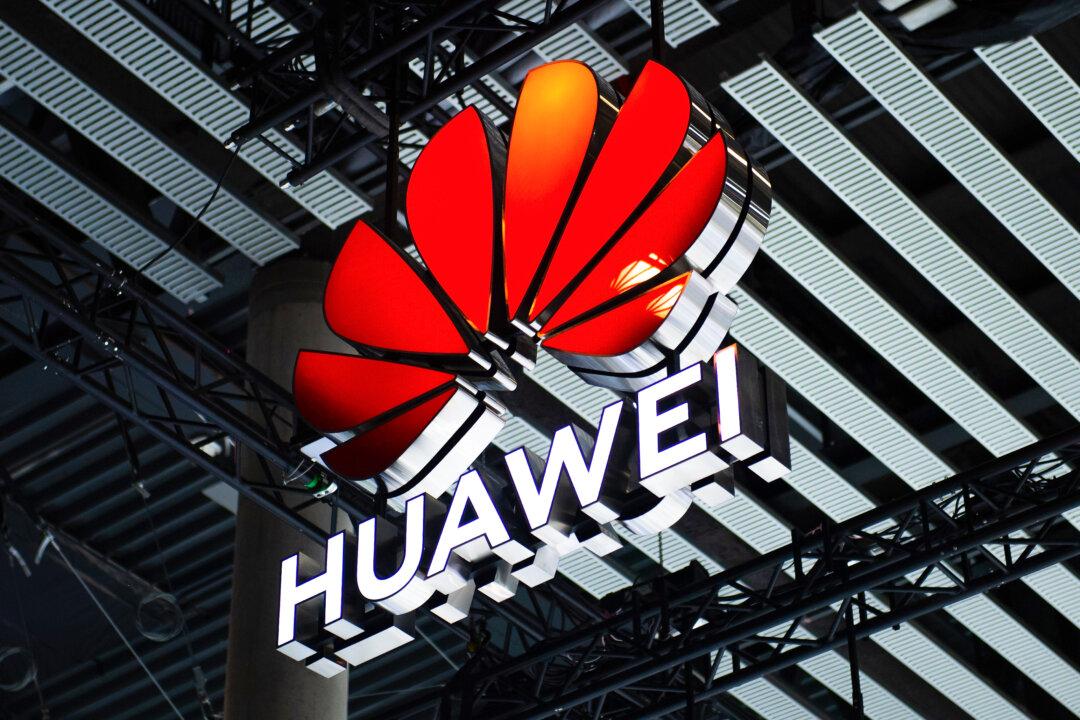Huawei, the Chinese telecom giant that has been barred from 5G infrastructure in Canada due to national security risks, has provided multimillion-dollar funding to an Artificial Intelligence (AI) researcher for establishing a new research institution in Alberta.
University of Alberta computer science professor Richard Sutton is launching the Openmind Research Institute (ORI) with $4.8 million in funding from Huawei, as first reported by Globe and Mail. The institute, set to open on Nov. 24 in Edmonton, will support researchers following the Alberta Plan, a 12-step guide co-authored by Mr. Sutton aimed at achieving human-level artificial intelligence (AI). The institute has no affiliation with the University of Alberta.





